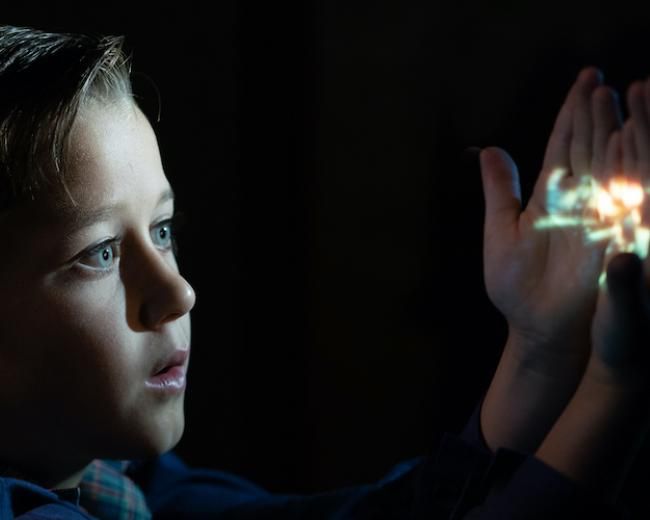Spielberg’s semiautobiographical story is as much about the brokenness that plagues each of us, our families, and our society as about what sparked his art. A movie’s graphic depiction of a train crash sowed fear in young Steven, but the act of filmmaking brought him comfort and joy. Later, moviemaking brought pain and sorrow when the camera revealed to him what his bare eye had missed, the brokenness of his parent’s relationship.
Spielberg’s semiautobiographical story is as much about the brokenness that plagues each of us, our families, and our society as about what sparked his art. A movie’s graphic depiction of a train crash sowed fear in young Steven, but the act of filmmaking brought him comfort and joy. Later, moviemaking brought pain and sorrow when the camera revealed to him what his bare eye had missed, the brokenness of his parent’s relationship.





